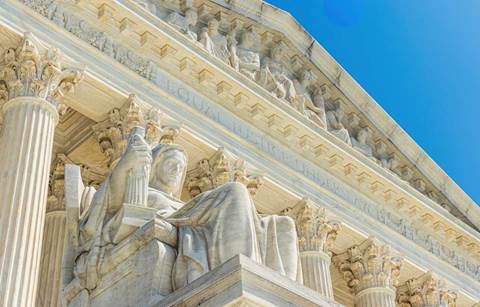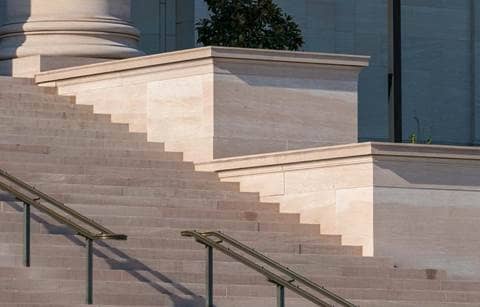On December 7, 2016, the IRS and Treasury Department released final and temporary regulations to Section 987, which provides guidance on taxable income of a qualified business unit (QBU) operating in a functional currency other than the U.S Dollar. Following are the highlights:
Final regulations
- The final regulations closely resemble proposed regulations issued in 2006, with some modifications. For example, proposed regulations use a “balance sheet” approach for calculating foreign exchange gain or loss on an annual basis. Recognition is deferred until a remittance is made.
- While the final regulations also use the “balance sheet” approach, they provide some modifications that prevent alignment with financial accounting rules.
- The final regulations establish a “fresh start” method under which Section 987 QBUs will be deemed to terminate without recognizing gain or loss on the day before the transition date.
- Due to the “fresh start” rule, taxpayers should consider reversing previously recorded deferred tax assets or liabilities related to Section 987 gains or losses on their financial statements.
- Final regulations apply to taxable years beginning on or after one year after the first day of the first taxable year following December 7, 2016. For example, for businesses operating on a calendar year, the regulations go into effect on January 1, 2018.
- These regulations generally apply to corporations or individuals that own Section 987 QBUs. They don’t apply to certain financial institutions, trusts, estates, S corporations, and partnerships with partners that are not related. However, the preamble to the final regulations suggests that excluded entities must use a reasonable method to calculate Section 987 gain or loss.
Temporary regulations
- Temporary regulations provide new rules related to deferral of Section 987 gain or loss, which would otherwise not be deferred under the final regulations. They apply to certain terminations of QBUs and other transactions which involve partnerships.
- The regulations provide an annual deemed termination election allowing for termination of QBUs on the last day of each tax year for which the election is made. This will result in a Section 987 gain or loss recognition on a yearly basis. The election can be made by any taxpayer without regard to whether or not the final regulations are applicable.
- The temporary regulations provide that a taxpayer may elect to use a hybrid method rather than the “balance sheet” approach described in the final regulations to calculate Section 987 gain or loss. The hybrid method allows a taxpayer to use the average exchange rate for purposes of Section 987 gain or loss calculation.
- The temporary regulations provide guidance on determining gain or loss from Section 988 transaction of QBUs. They clarify that gain or loss is determined based on the owner’s functional currency rather than the functional currency of the QBU.
- Like the final regulations, the temporary regulations go into effect beginning on or after one year after the first day of the first taxable year following December 7, 2016. However, in some instances, these regulations could go into effect as soon as January 6, 2017.




